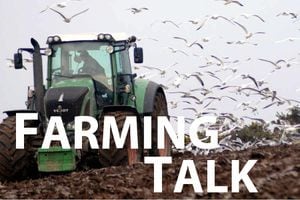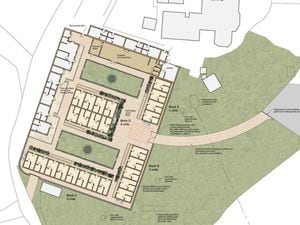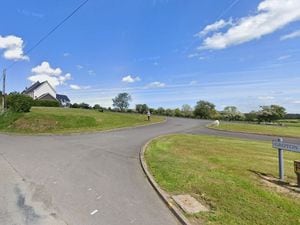Farming Talk: Consider options on farmland use arrangements
It is nearly 21 years since Farm Business Tenancies were introduced to encourage more letting of land and increase opportunities for new entrants.

But some would argue that while they did free up letting contracts, and in the early days expand new lettings, they have done little to encourage investment and sustainable land use.
The average FBT over two decades is just over four years according to the Tenant Farmers Association which is advocating term lengths to be 10 years or longer.
But the landowner association, the CLA, believes tinkering with agricultural property relief could return the tenanted sector to the 1980s when the maximum letting agreement would be less than 12 months, with any vacant land farmed in hand.
There are alternative land use options that could be considered in certain circumstances.
Share farming may be beneficial in some instances, being a contractual arrangement that involves commitment and risk on both sides. The farmer provides the land for the share partner to work, with profits apportioned on a pre-arranged basis.
This is potentially an option for those, for instance, approaching retirement age to ease the burden of manual labour. This might permit them to stay in the farmhouse but in the knowledge that someone else is doing the heavy work and paying a proportion of the bills.
The detail of a share farming contract is a matter for both parties but typically:
The landowner provides the farmland and buildings, fixed equipment and his proficiency,
The share farmer provides labour, field and mobile machinery and his expertise, with other costs such as seed, fertilisers and feed being shared.
Ownership of animals can be shared, with each party being rewarded on a pro rata basis, and each producing his own accounts and being responsible for his own tax and VAT returns.
If a share farming arrangement is properly structured and operated, with the landowner being treated as the farmer, the land will be eligible for business property relief and APR for inheritance tax purposes. Also, the farmhouse will continue to be occupied for the purposes of agriculture.
Eifion Bibby is of Davis Meade Property Consultants





